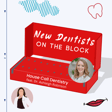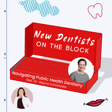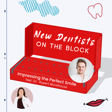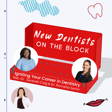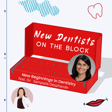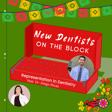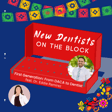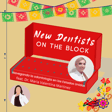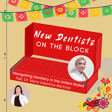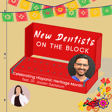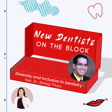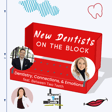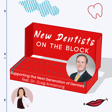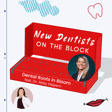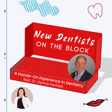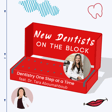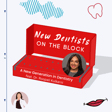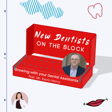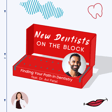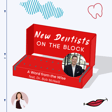
A New Chapter in Dentistry w/ Dr. Amrita Patel
Dr. Amrita Patel is an absolute rockstar and is so passionate about the profession and connecting with the next generation of students. In this episode, we talk about her journey in dentistry and how life is about to take a big turn for her! So excited for what’s to come for her!
Dr. Amrita Patel is a general dentist in private practice in Westchester County, New York. She graduated from the NYU College of Dentistry in 2011 and completed a General Practice Residency immediately afterward. From 2018-2020, she chaired the New Dentist Committee of the New York State Dental Association. She was the recipient of the American Dental Association 10 Under 10 Award in 2021, which recognizes ten new dentists from around the country for excellence in their work and for inspiring others, and received a Denobi award in 2022. She is the Social Media Manager for ICD-Global, serves on the board of the NYU alumni association, and writes columns for both the Academy of General Dentistry Impact magazine and Dental Economics.
Thank you to Between Two Teeth for sponsoring this episode!
Connect with Between Two Teeth: @b2teeth
Connect with Amrita Patel @thedramri
Connect with New Dentists on the Block: @newdentistsontheblock
Connect with Tanya Sue Maestas: @tsmaestas.dds
Full video on Youtube
